This article contains references to death.
In a cosy apartment in Sydney, Vibha Gulati looks sadly at an old photograph, a cherished memory of her late mother, Bhushan.
"She was an amazing person. She was very compassionate, very loving," Ms Gulati said as she recalls people turned to her mother for advice, drawn by her wisdom and natural warmth.
Both migrants from India, Ms Gulati and her mother lived together in the city's west for 35 years, proud of their close bond.
"We were like sisters and we shared each other's thoughts and feelings. We could actually tune into each other on the same wavelength," she said.
But their strength was tested when her mother was diagnosed with ovarian cancer, and doctors said she had just six months to live.
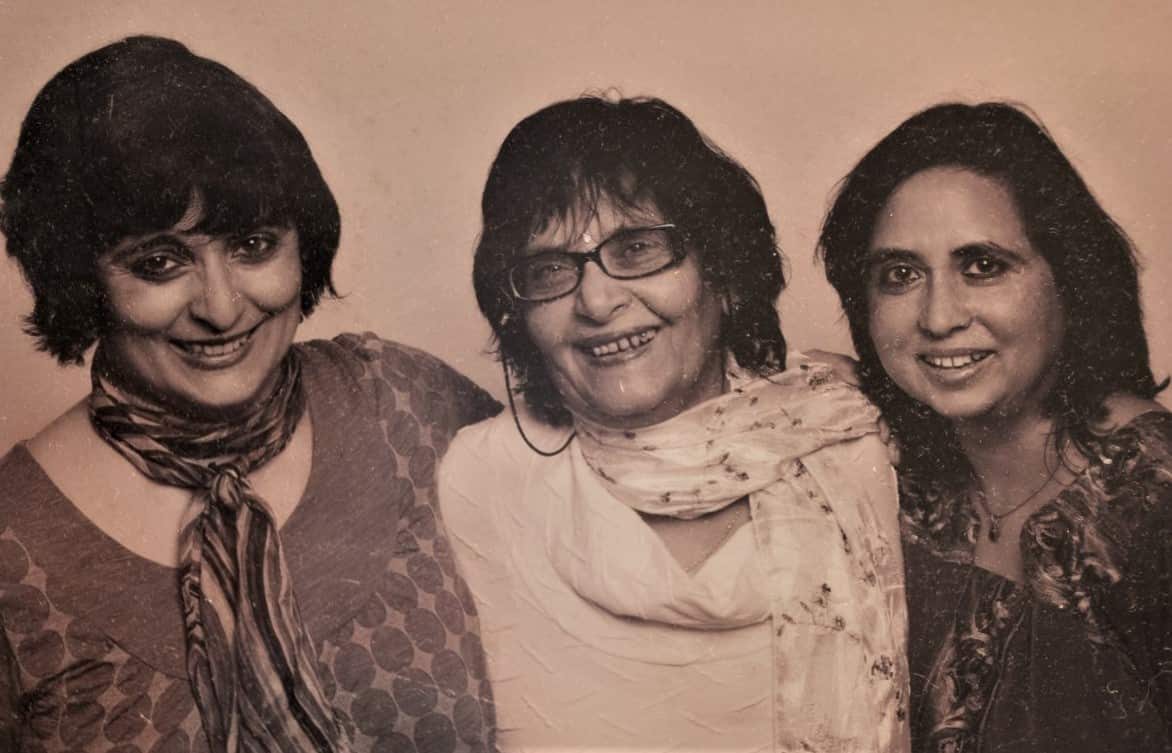
(Left to right) Prabha Gulati with her mother, Bhushan, and sister, Vibha. Source: Supplied / Vibha Gulati
From loss to healing
After losing her mother to cancer, Ms Gulati turned to The Violet Initiative — a not-for-profit organisation, providing information and support to people in Australia to navigate the last stages of life and the grief that accompanies it.
"The [counselling] guide [at Violet] helped me to navigate the grief I was feeling," Ms Gulati said.
"The loss was so great and it came in waves. Often, I thought I was alright and then suddenly I would be crying.
"I felt the guide really understood and held the space [for me] and did not negate any feelings that I had."
Ms Gulati is not alone. In recent years, almost 30,000 people have utilised Violet and its national network of guides, along with a digital support service.
Violet CEO Melissa Reader said: "People come to us saying, 'I just do not know where to start'."
"A common theme is: 'My mum is in her late eighties, and dad died a couple of years ago. I'm the eldest daughter stepping into a caregiving role. I'm managing my own family and a career and I'm completely overwhelmed'," she said.
"So [we] try to help families and communities be more prepared around the last stages of a person's life."
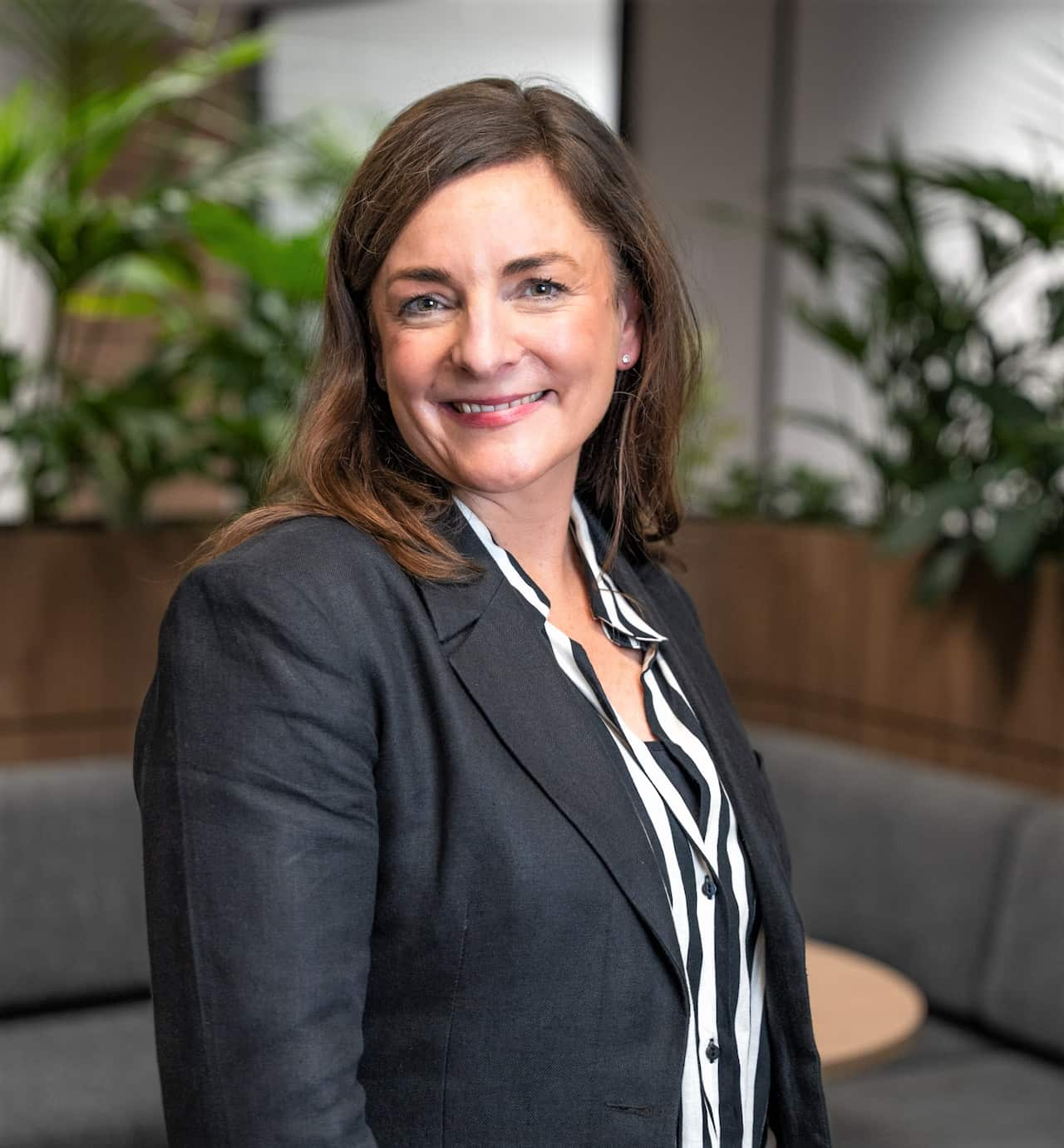
Violet CEO Melissa Reader said the initiative aims to start conversations around end-of-life planning. Source: SBS / Spencer Austad
More than 180,000 Australians die each year, yet many leave behind no will or clear instructions about their end-of-life choices — forcing families to navigate both grief and complex legal processes.
"Up to 90 per cent of us want to be cared for at home for as long as possible with our family and our friends and everything that's familiar to us, and the right services and supports. But that is not what's playing out today," Reader said.
"We see people having at least four hospital admissions through the last 12 months, around 33 or 34 days, and we see one in two Australians dying in hospital. That is our least preferred place to die."
A large number of public hospital beds are occupied by patients who are predominantly elderly and in their final year of life, according to a 2024 report by The Violet Initiative. It states caring for dying people in hospitals costs around $4 billion annually.
Reader said that figure is forecast to rise.
"We have about 12,000 people turning 85 each year today. In five years, that is forecast to increase fivefold to 60,000 people. And our health and age care systems are already at capacity," she said.
Reader's husband Mauro died of cancer aged just 39, leaving her to raise their three children alone. She understands how hard it can be to face critical care decisions.
"We were completely unprepared for Mauro's death. He died in intensive care and it was a very clinical and impersonal experience and quite frightening for all of us, including him," she said.
"I really needed help to know how to bring him into a conversation [about his illness] in a way that was okay that he could manage.
"Then, we could have done so much more together in the last six months of his life, with far fewer regrets for all of us."
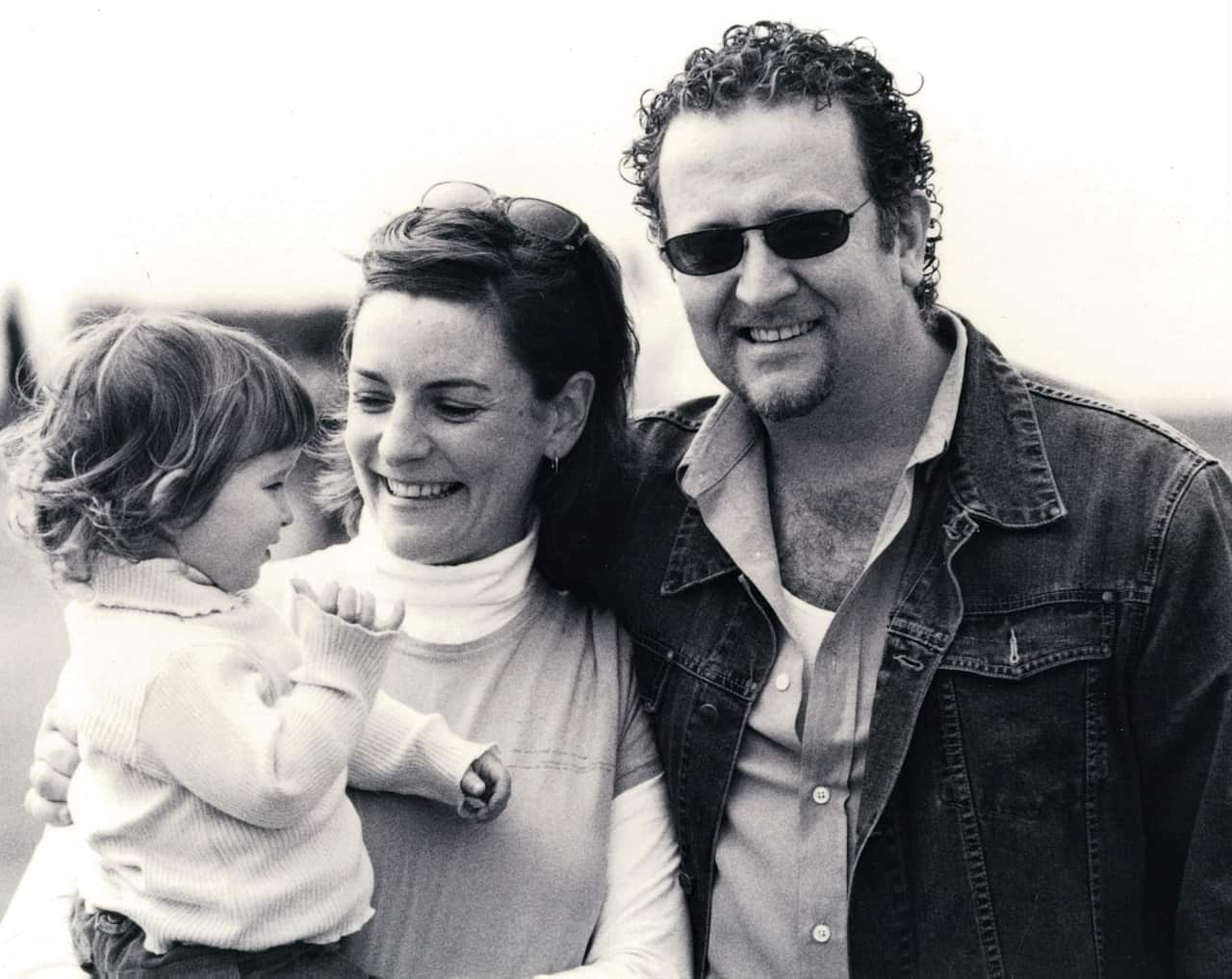
Melissa Reader (centre) with her late husband, Mauro, and their daughter, Mya. Source: Supplied / Melissa Reader
Turning pain into purpose
Reader said her husband's sudden death — and the lack of preparedness to deal with the emotional aftermath — inspired her to expand services to ease burdens for others facing a similar situation.
In 2020, Reader relaunched an existing platform as Violet, a not-for-profit and social enterprise. The online resource aims to help more people navigate the end-of-life journey.
"Violet is the last colour of the day and the first colour of the dawn. So it's a really lovely reference to the passing of time," she explained.
"I don't think we can pretend to wave a magic wand and say everybody will have a death at home and it's going to be incredibly easy. This is not an easy stage of life. It's very complex, it's very emotional and there's a lot of uncertainty.
"However, we would like to help people stay in their homes for longer with the right services and support and help families prepare, if their loved one wants to die at home."
For those seeking support, Violet offers an initial free consultation, and services are then available via subscription.
Mitch Gibson is among Violet's 50 guides and is proud to provide personal care and support to grieving families.
Like most Violet volunteers, she has struggled to cope with personal loss.
"I was trying to run my own small business, a yoga studio, and then my dad was diagnosed with dementia and my life partner, Mark, was diagnosed with stage four pancreatic cancer," she said.
"And to say that my world flipped upside down is an understatement."
That was 11 years ago, but for Gibson the memories remain vivid and the eventual loss of her partner led to a life-changing decision.
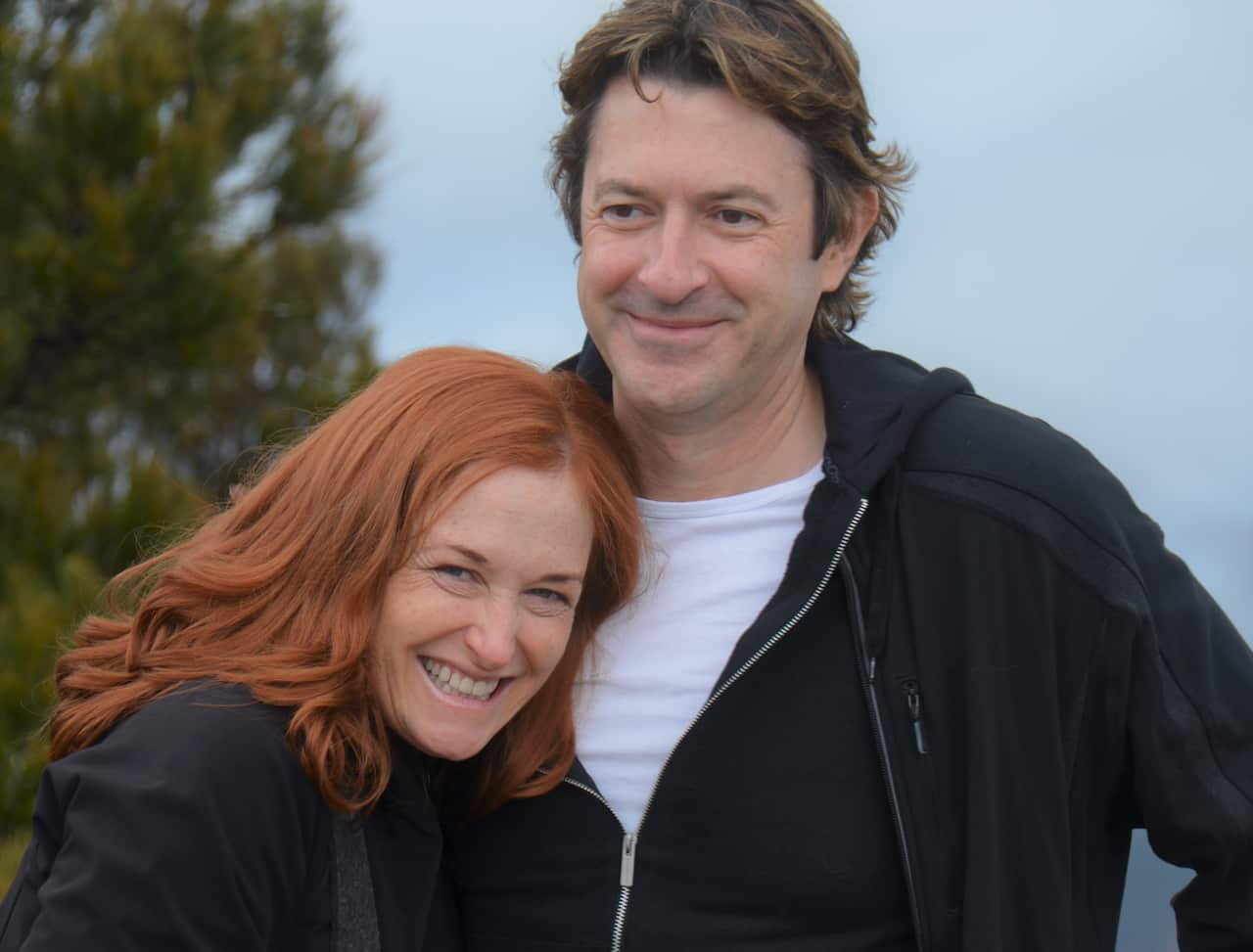
Mitch Gibson with her late partner Mark, who died of pancreatic cancer. Source: Supplied / Mitch Gibson
"These are the conversations I want to be having. This is the help I want to be offering. I didn't ask for this to happen to me, but it did.
"I am someone who has cared [for a dying person], and someone who has grieved. So why not use that to help someone else?"
Violet also offers an AI-enabled digital companion that provides personalised support in multiple languages to people in need.
Yaniv Bernstein, Violet's chief product and technology officer, said: "What we have is a really clever, voice-based artificial intelligence agent that talks to people in the manner of a normal conversation."
"People can have a conversation at any time, in many languages of their choice. And what they then get is a real assessment of where they're at, what stage they're in, what their needs are," Bernstein said.
'This has to change'
Violet chair Kate Carnell warns Australia is facing a looming crisis in how it handles death and dying. She said the country is dangerously unprepared — emotionally, socially and economically — for the realities of end-of-life care.
"We are sleepwalking into this century's biggest economic and social crisis. Research indicates that eight to 11 per cent of Australia's total health budget is spent on people in their final stage of life," she said.
"As well, only 14 per cent of Australians have a plan in place for the end of life. This has to change!
"Digital technology plays an important role in making services and information available to all Australians when they need it 24/7. And that's what Violet is providing."
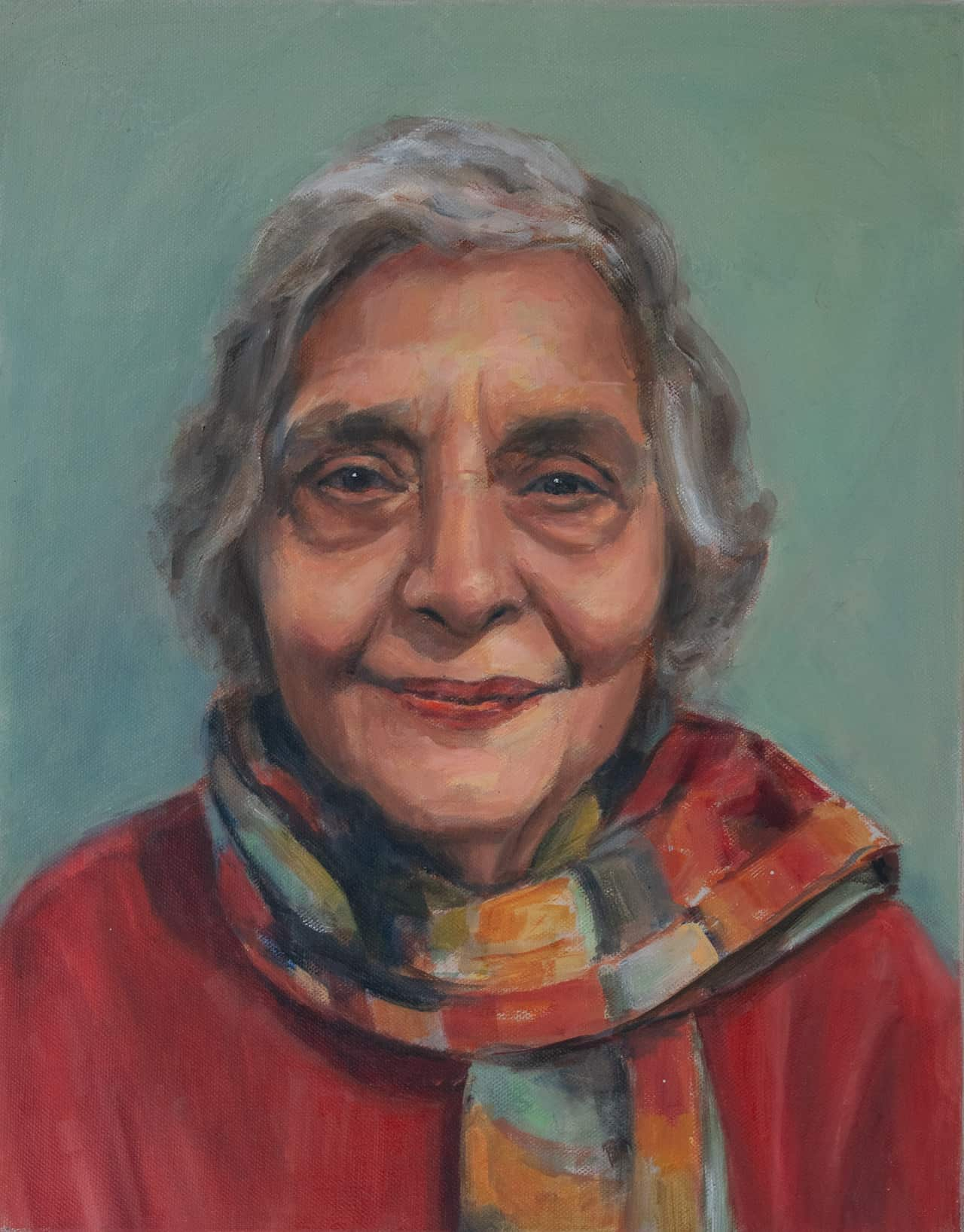
A portrait of Vibha Gulati's mother Bhushan, prior to her death. Source: SBS / Spencer Austad
After her diagnosis, Bhushan refused medical treatment and chose voluntary assisted dying (VAD) at home in the care of her daughters, Prabha and Vibha.
"It was important for her. She opted for VAD because she wanted control over her death and the whole process of her illness," Ms Gulati said.
"She did not want any chemotherapy or radiation. Surgery was an option, but that was also refused.
"She managed herself quite well. She was ill during the final week and could not lift herself up from the bed. But until the week she passed away, my mother was going out to cafes and restaurants."
Ms Gulati said faith — a mix of Buddhist, Hindu and spiritual beliefs — helped the family respectfully bid farewell to her mother in December last year.
"We had chanting here while she was passing away. We did Indian mantras infused with spiritual energy," she said.
"It helped her to transition more smoothly and it also created a very calming effect on the mind and on the emotions. So, it works for the people involved and the person who's passing away too."
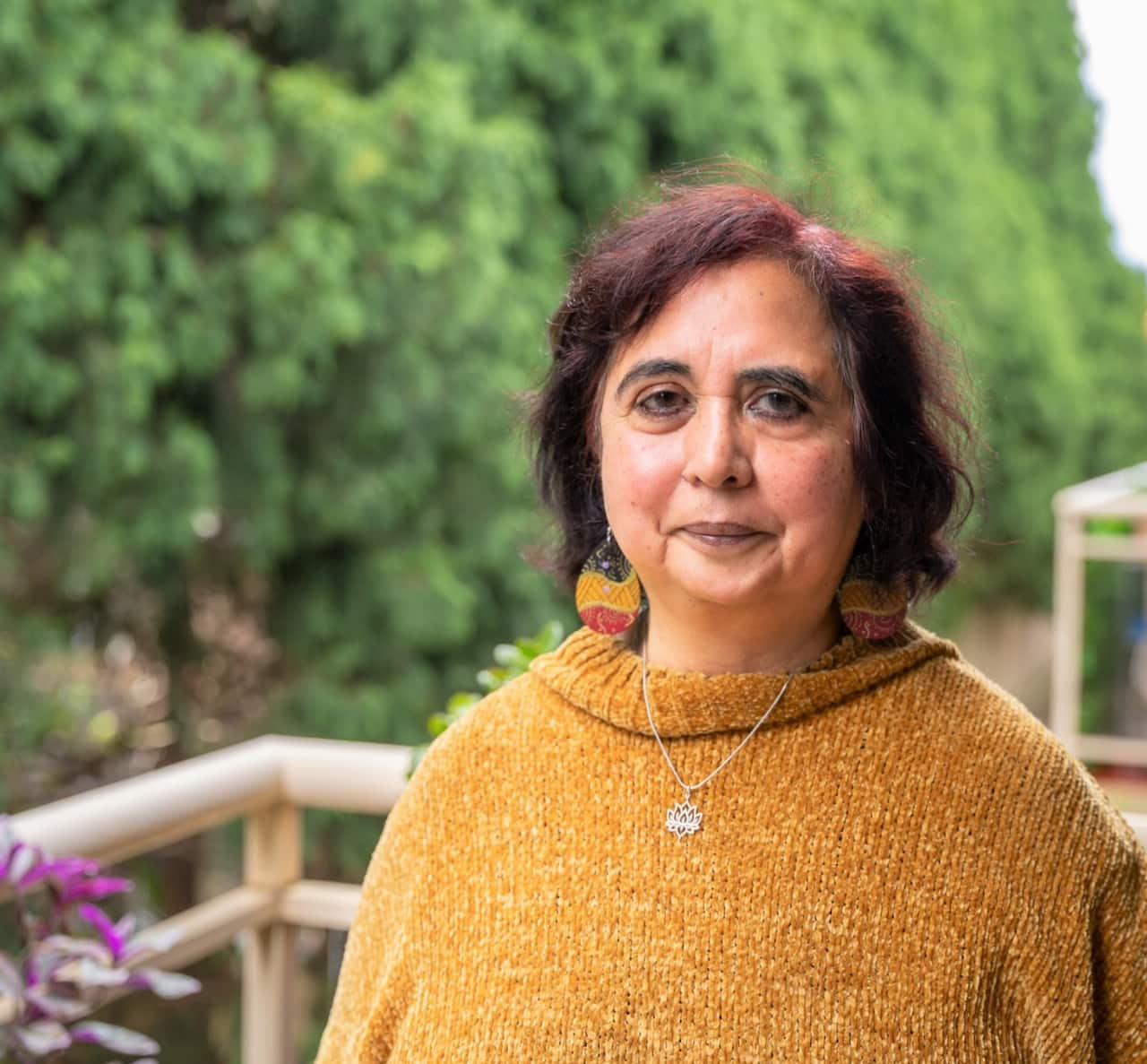
Vibha Gulati is still learning to cope with grief after losing her mother. Source: SBS / Spencer Austad
"I can feel her presence around me sometimes. So, it's really, really lovely. But that loss is still there and it takes a long time to adjust to," she said.
"However, my spiritual belief gives me strength and gives me trust that I will meet her again and that she has not gone forever."
Support is available through LifeLine on 13 11 14 or Griefline which provides confidential support on 1300 845 745 and via griefline.org.au



